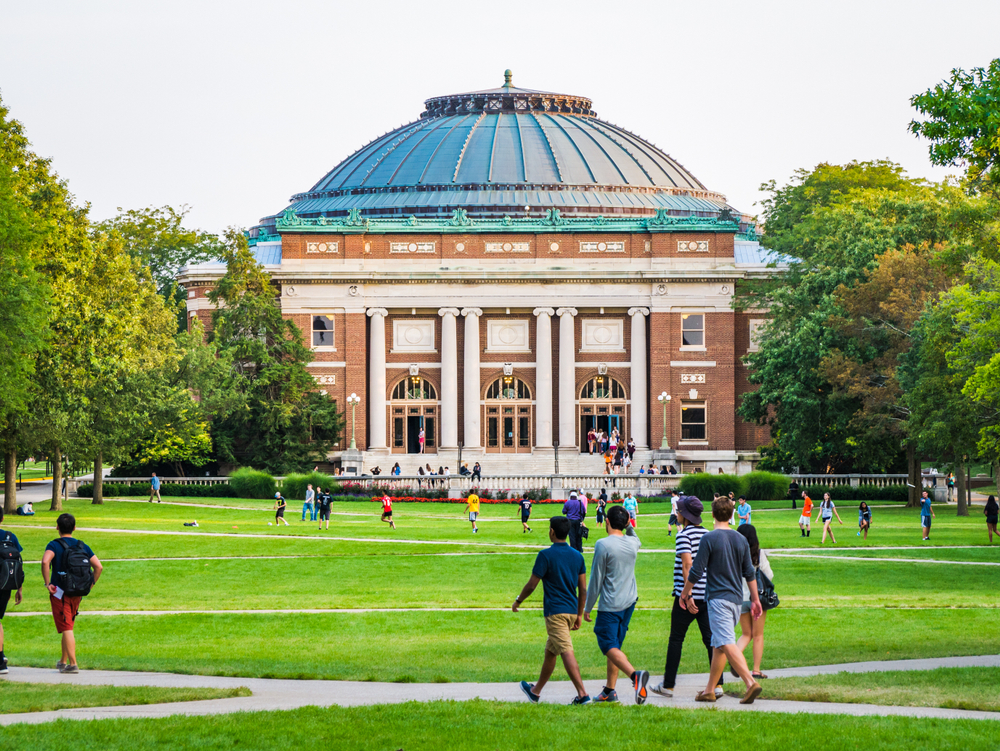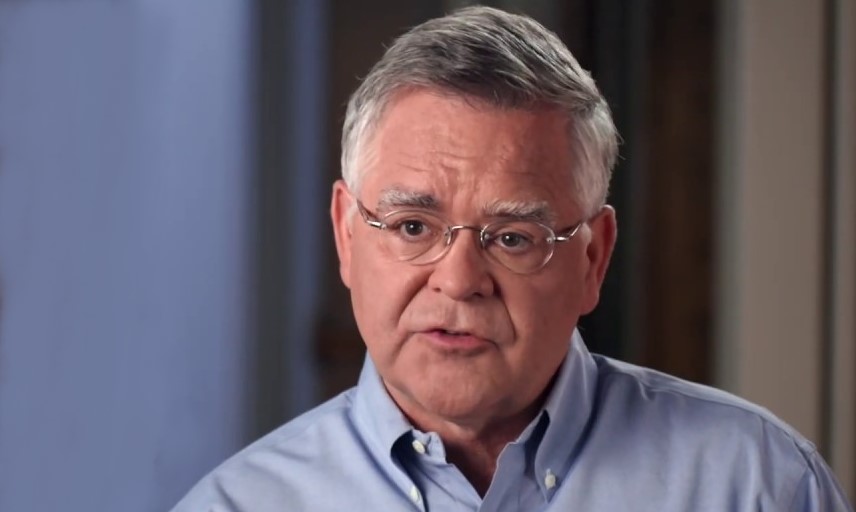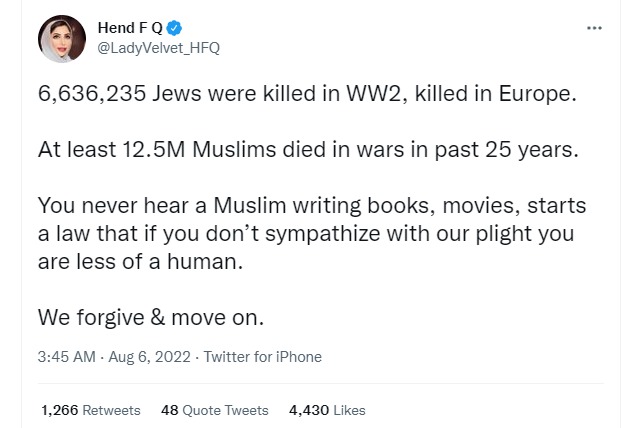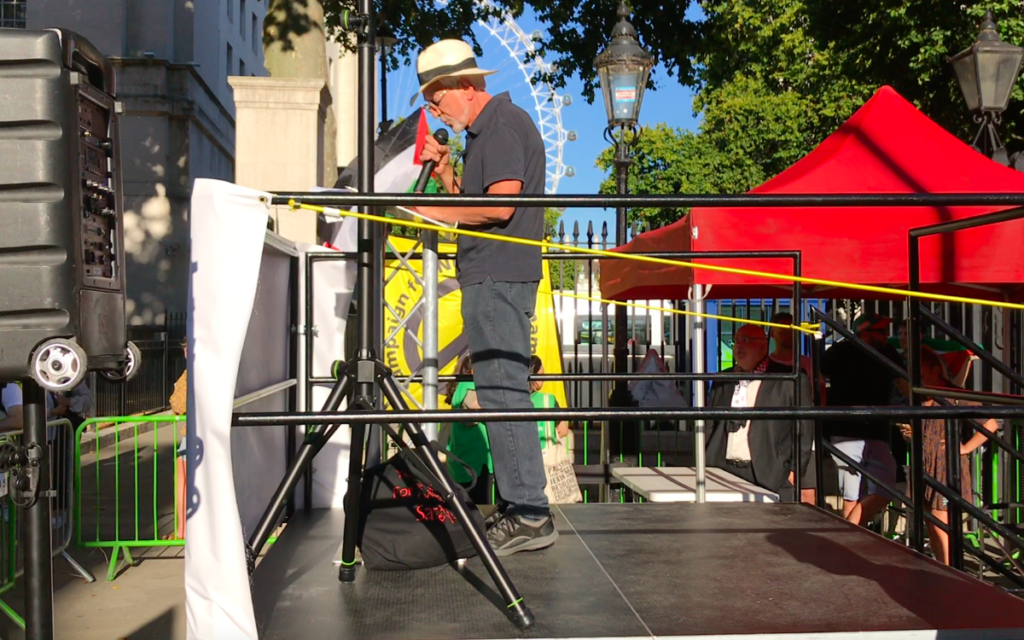Sixties Fan
Diamond Member
- Mar 6, 2017
- 67,569
- 12,083
- 2,290
- Thread starter
- #1,261
Follow along with the video below to see how to install our site as a web app on your home screen.
Note: This feature may not be available in some browsers.




| Five years ago, a rally cry of ‘Jews will not replace us’ Tonight marks the fifth anniversary of the start of the ‘Unite the Right’ rally at which white supremacists, neo-Nazis and other groups gathered in Charlottesville, Virginia, to protest the removal of a monument to Confederate Gen. Robert E. Lee from a city park. Two blocks away from the statue site was Congregation Beth Israel, a 400-plus family Reform synagogue led by Rabbi Tom Gutherz. Being on the front lines of the mayhem meant that his community was forced to grapple with the role of antisemitism in white nationalism – a movement that broke into public conscious following President Donald Trump’s election. It has continued to be buoyed by the mainstreaming of the “great replacement theory” and the attempt to overthrow the government on Jan. 6, 2021, at the U.S. Capitol – where some similar groups participated in the rioting. |
| Rabbi Tom Gutherz of Charlottesville's Congregation Beth Israel. (Eze Amos) |
| The Unite the Right rally “made us accelerate our self-reflection on the stories we have been telling ourselves,” Gutherz wrote in an essay for the Forward in November, “and to look harder at the things we have not known or not wanted to see.” Our Arno Rosenfeld traveled to Virginia last year to cover the civil trial of 14 men and 10 groups accused of conspiring to commit racist violence at the rally. They were found guilty of conspiracy to commit violence, and are now liable for more than $25 million in damages to the rally’s victims. James Alex Fields Jr. is serving multiple life sentences for driving a car into a crowd of counter-protesters, killing 32-year-old Heather Heyer and injuring 35 others. Today, there is a memorial service at that spot. But the wound remains fresh for many of those who were closest to the violence. “There’s not going to be closure,” Gutherz told Rosenfeld. The Forward |








Dear Mr. Benesch: There is no need of cautioning you not to believe all that you see in the newspapers. As a colleague said to me yesterday, there is perhaps no body of men in the United States, mostly Gentiles, with so little anti-Semitic feeling as the instructing staff of Harvard University. But the problem that confronts this country and Its educational institutions is a difficult one, and one about which I should very much like to talk to you. It is one that involves the best interests both of the college and of the Jews, for I should feel very badly to think that these did not coincide.
There is most unfortunately, a rapidly growing anti-Semitic feeling in this country, causing—and no doubt in part caused by—a strong race feeling on the part of the Jews themselves. In many cities of the country Gentile Clubs are excluding Jews altogether, who are forming separate clubs of their own. Private schools are excluding Jews, I believe, and so, we know, are hotels. All this seems to me fraught with very great evils for the Jews, and very great perils for the community.
The question did not originate here, but has been brought over from Europe—especially from those countries where it has existed for centuries. The question for those of us who deplore such a state of things is how it can be combated, and especially for those of us who are connected with colleges, how it can be combated there —how we can cause the Jews to feel and be regarded as an integral part of the student body. The anti-Semitic feeling among the students is increasing, and it grows in proportion to the increase in the number of Jews.
If their number should become 40 per cent of the student body, the race feeling would become intense. When, on the other hand. the number of Jews was small, the race antagonism was small also. Any such race feeling among the students tends to prevent the personal intimacies on which we must rely to soften anti-Semitic feeling.
If every college in the country would take a limited proportion of Jews, I suspect we should go a long way toward eliminating race feeling among the students, and, as these students passed out into the world, eliminating it in the community.
This question is with us. We cannot solve it by forgetting or ignoring it. If we do nothing about the matter the prejudice is likely to increase. Some colleges appear to have met the question by indirect method, which we do not want to adopt. It cannot be solved except by co-operation between the college authorities and the Jews themselves. Would not the Jews be willing to help us in finding the steps best adapted for preventing the growth of race feeling among our students, and hence in the world?
The first thing to recognize is that there is a problem—a new problem, which we have never had to face before, but which has come over with the immigration from the Old World. After the nature of that problem is fairly understood, the next question is how to solve it in the interest of the Jews, as well as of every one else.
Very truly yours,
A. LAWRENCE LOWELL.

